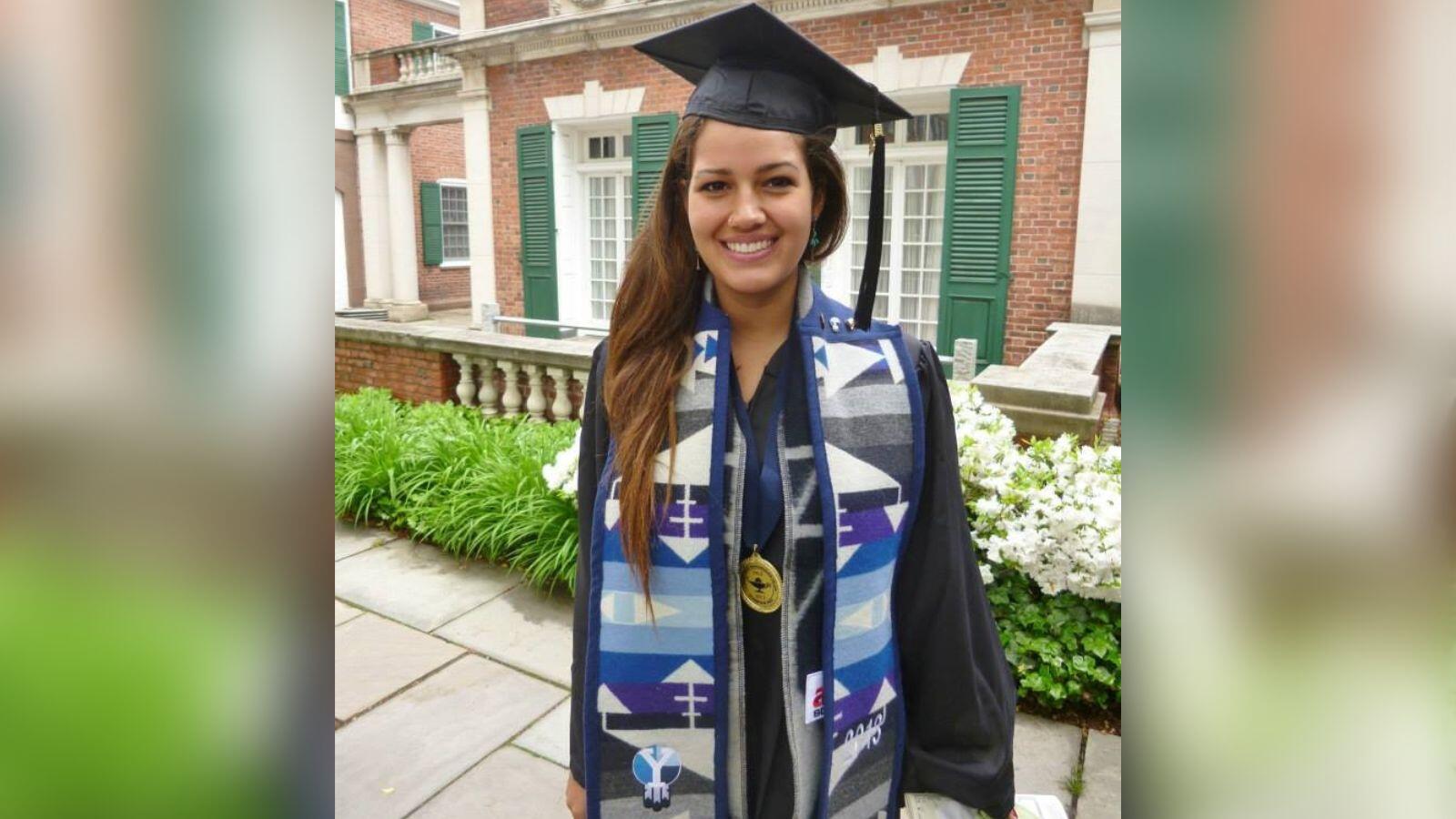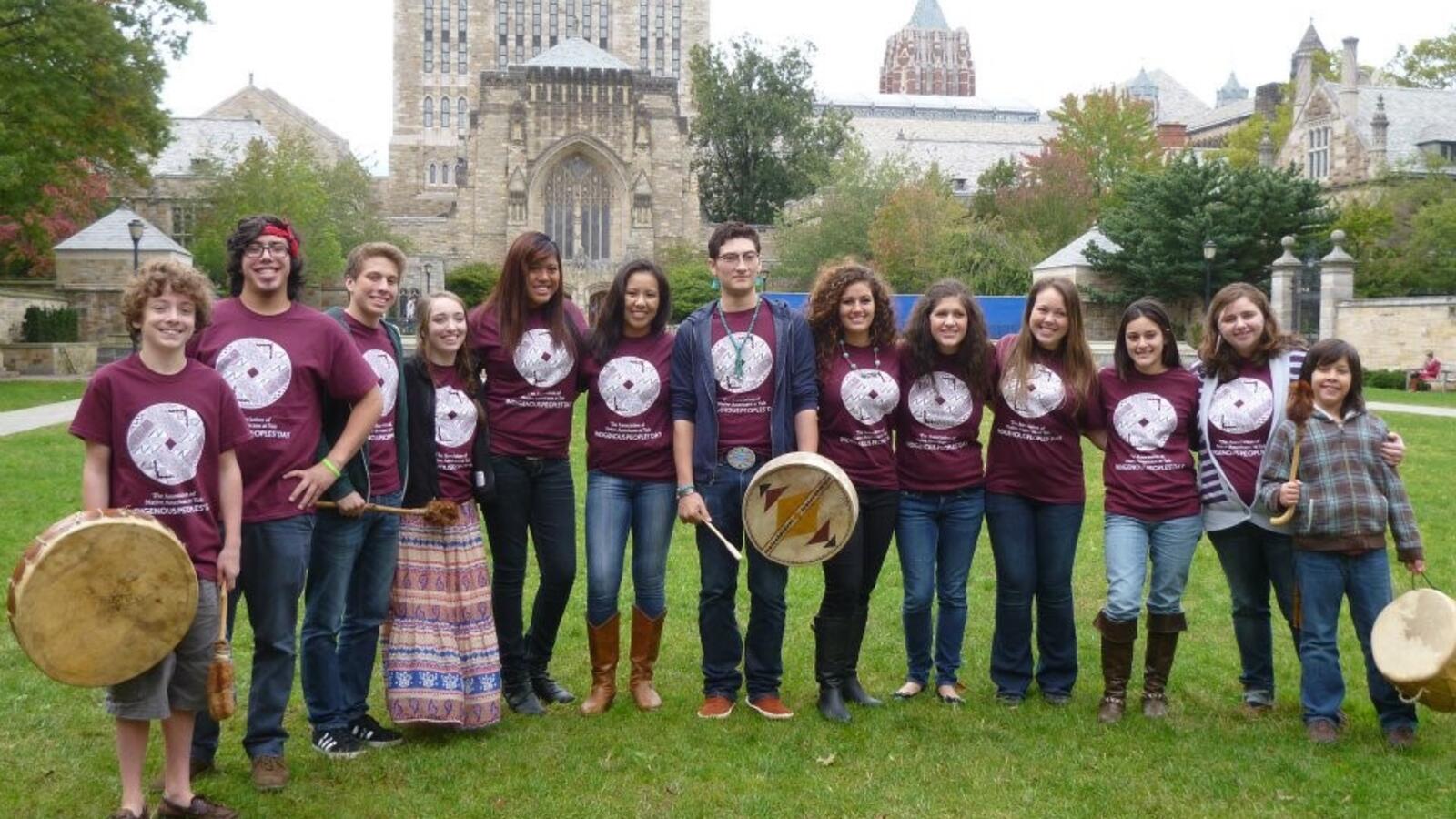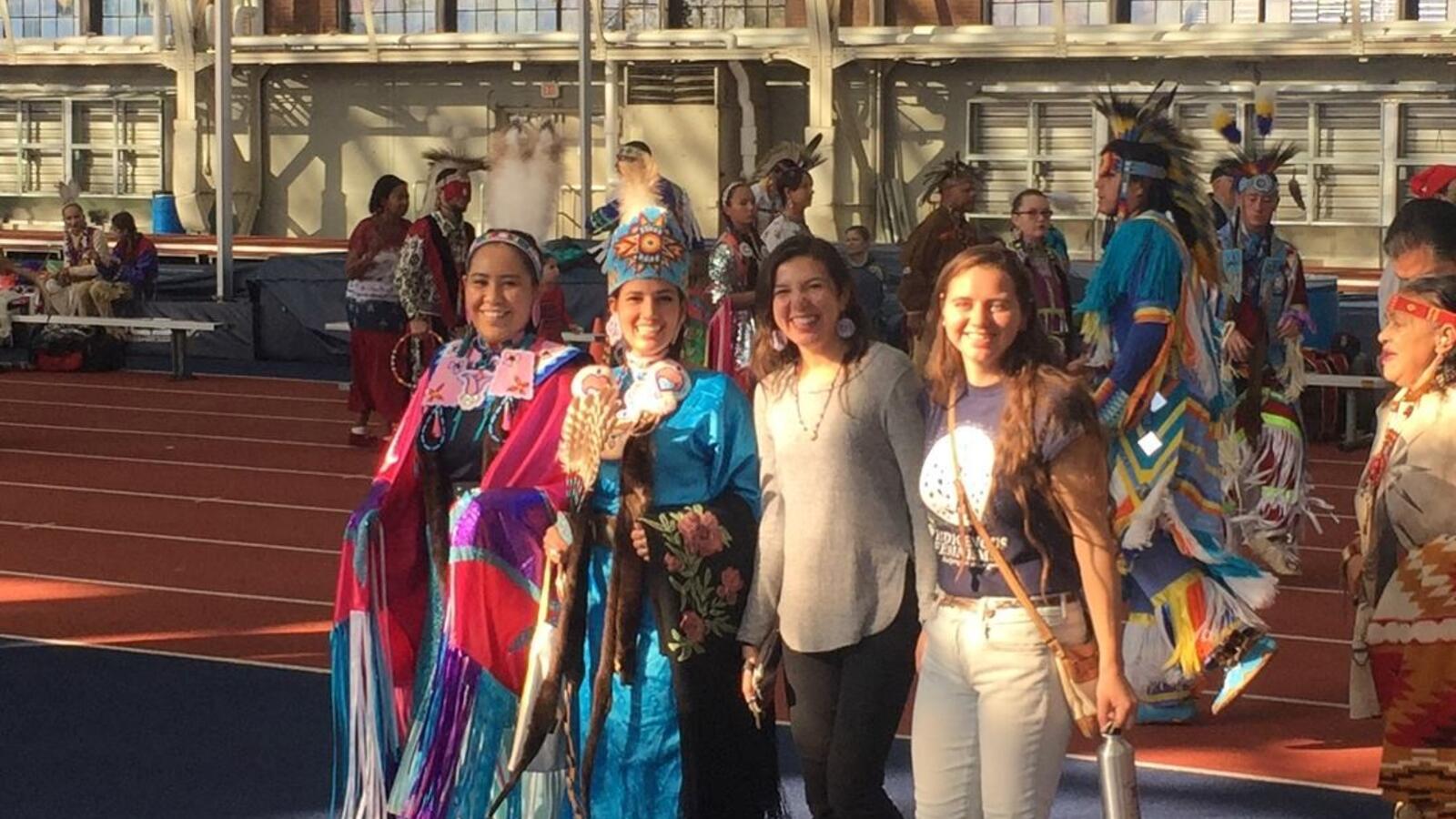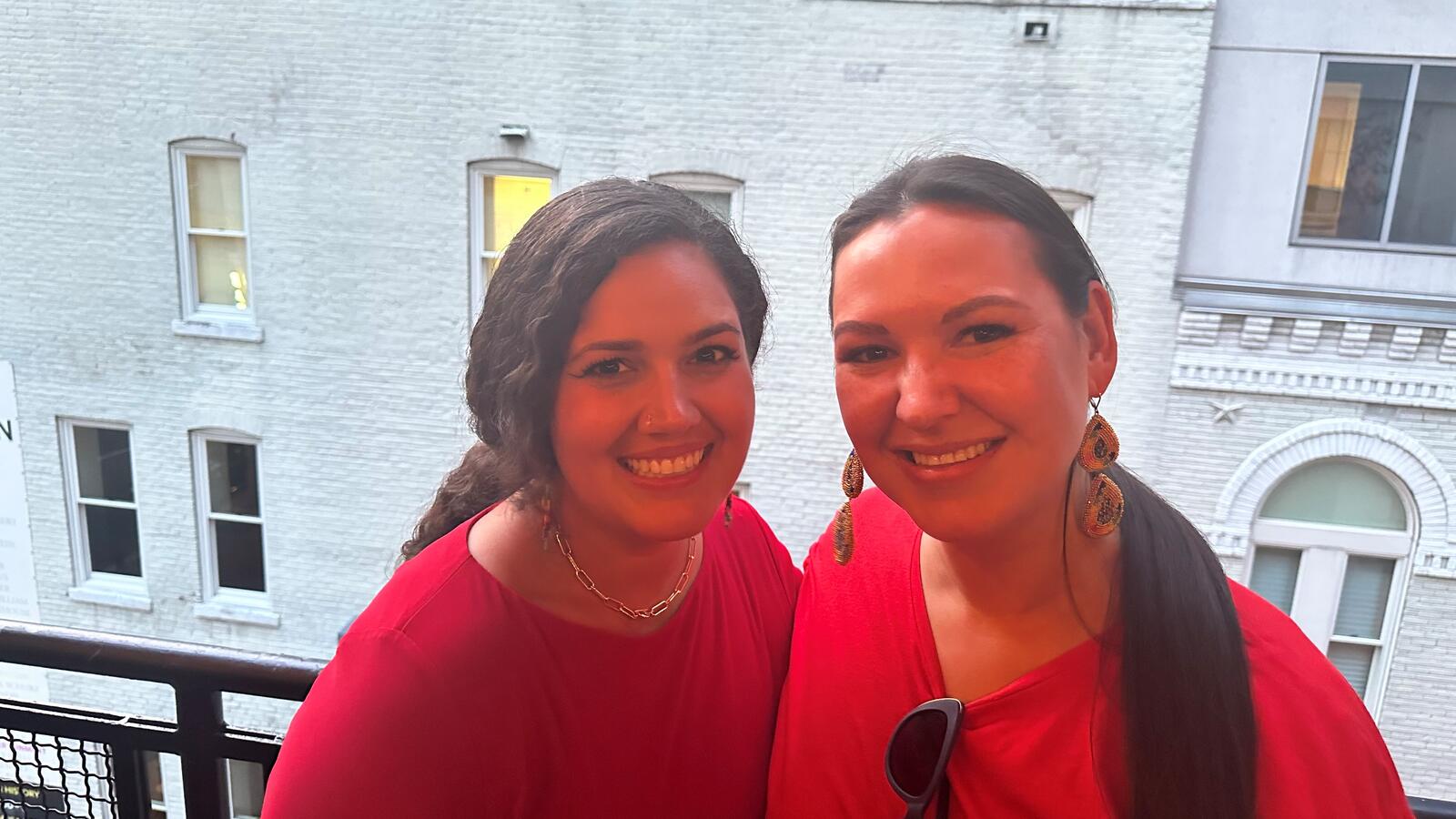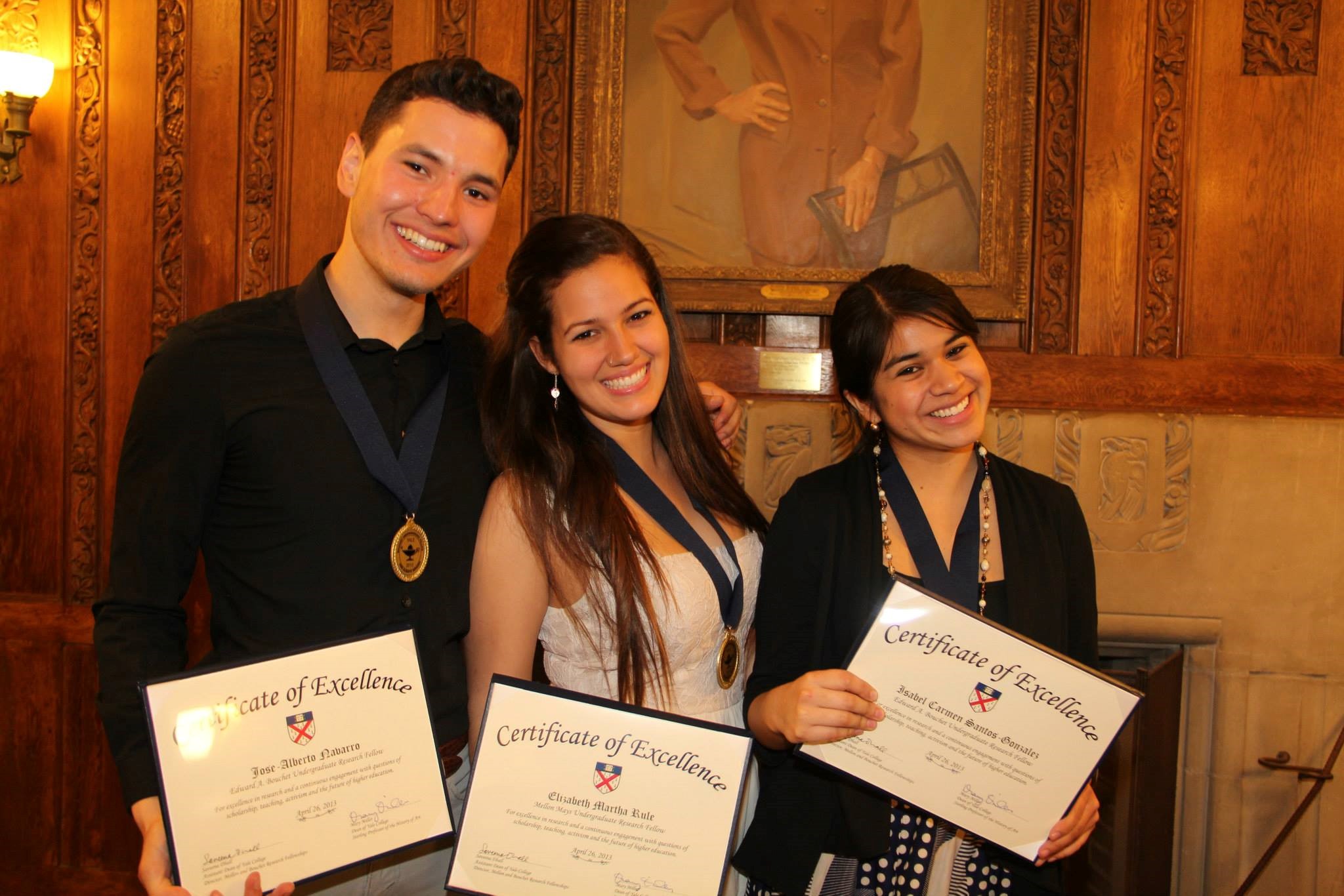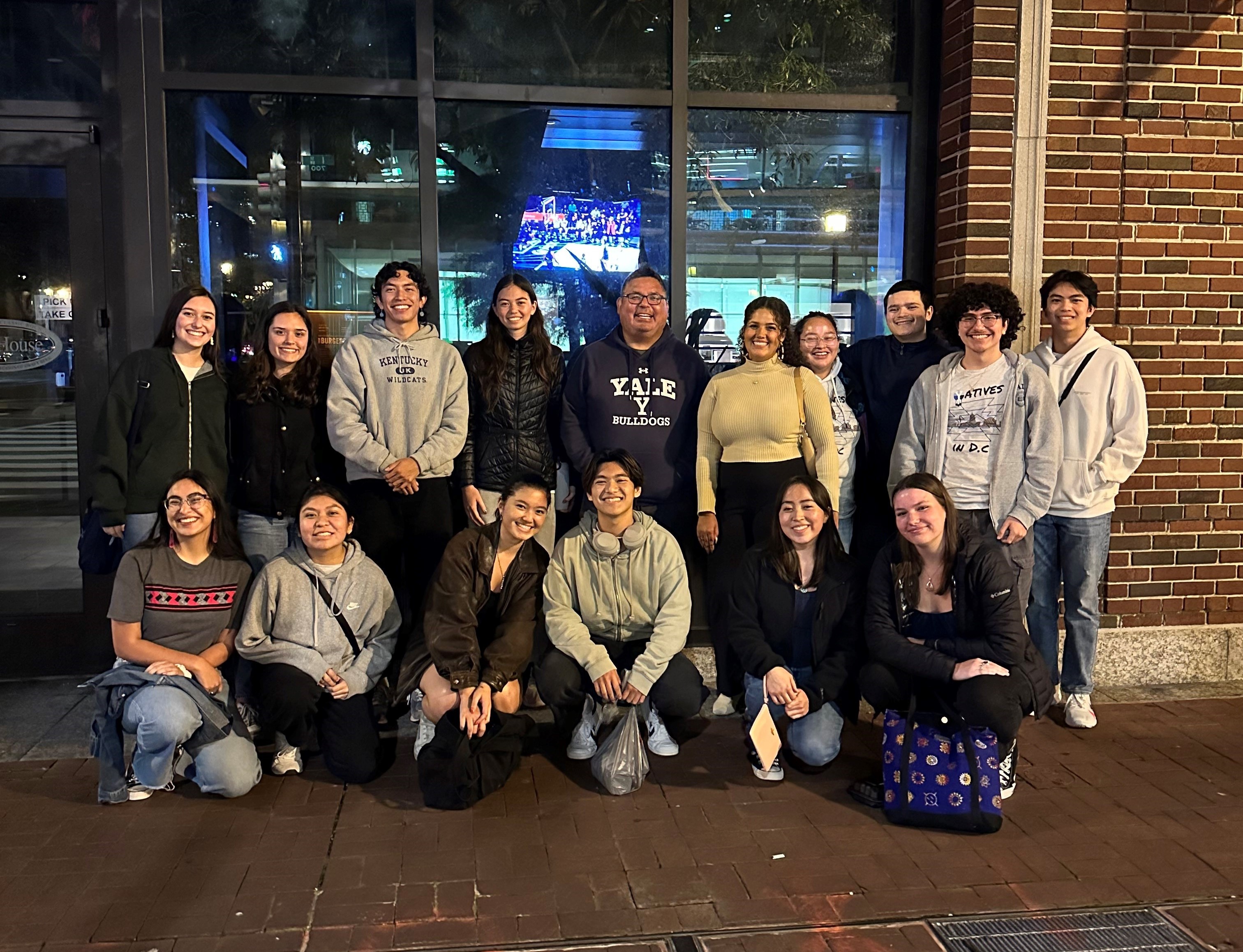Elizabeth Rule, PhD (enrolled citizen, Chickasaw Nation) is a writer, public scholar, policymaker, and advocate for Indigenous communities. Dr. Rule was appointed to Governor Kathy Hochul’s Executive Chamber in 2023 as the first Deputy Secretary for First Nations in the history of New York State: a position dedicated to the support of Indigenous self-determination and well-being, and the highest-ranking Indigenous affairs role in the State. Rule also holds a Social Practice Residency at the Kennedy Center and is an Assistant Professor of Critical Race, Gender, and Culture Studies at American University. Her time at the Kennedy Center is being dedicated to the development of an Indigenous feminist television screenplay, Moon Time. Rule’s Critical Indigenous Studies research has been featured in the Washington Post, Matter of Fact with Soledad O’Brien, The Atlantic, Newsy, and NPR. She has also released articles in American Quarterly and the American Indian Culture and Research Journal, and has two monographs. The first, Indigenous DC: Native Peoples and the Nation’s Capital (April 2023, Georgetown University Press), analyzes historical and contemporary sites of Indigenous importance in Washington, DC. Rule’s second book project, Reproducing Resistance: Gendered Violence and Indigenous Nationhood, links reproductive justice and the Missing and Murdered Indigenous Women (forthcoming). Rule is founder of the Guide to Indigenous Lands Project and creator of the Guide to Indigenous DC (2019), Guide to Indigenous Baltimore (2021), and Guide to Indigenous Maryland (2022) digital maps and mobile applications.
Rule’s work has received support from the Henry Luce Foundation, MIT Solve, Mellon Foundation, Ford Foundation, Center for Black, Brown, and Queer Studies, and more. In 2021, she was recognized as an AT&T Women’s History Month Honoree, was named among the National Center for American Indian Enterprise Development’s “40 Under 40,” and received the Library Company of Philadelphia’s Innovation Award. Prior to joining American University, Rule served as Director of George Washington University’s Center for Indigenous Politics and Policy. Rule received her PhD from Brown University, and BA from Yale University.
Editor's note: Interested in becoming a mentor or a mentee with the Yale alumni community? Join Cross Campus, Yale's online networking, community-building, and mentoring program. Cross Campus facilitates relationships between Yalies- whether that's alumni to student or alumni to alumni.

